Up to this point, we’d done nothing that differentiated this tour from any other. That changed after lunch when we shared the first of many group activities that would signify and define this trip and was a principal factor that attracted my interest.
I first learned about the trip while driving across Montana in late August or early September 2017. Desperately seeking radio worth listening to, I found a station airing Performance Today, settled the dial there and heard a promotional announcement for the river cruise. (Performance Today is produced by Minnesota Public Radio and distributed by American Public Media. According to the show’s website, “The show is broadcast on nearly 300 public radio stations across the country, and reaches approximately 1,400,000 listeners each week.”)┬Ā
We began our connection to the Performance Today aspect of this trip by trundling onto our three buses, crossing the river on the Pont Marie onto the ├Äle Saint-Louis, crossing a second bridge, Pont de la Tournelle onto the Left Bank, and proceeding along the Quai d’Orsay to the American Church in Paris. Although I’d had the chance to chat briefly with Fred Child (the host of both the show and the trip) on our dinner cruise Tuesday night, it was here that he would formally introduce himself and Wang Jie (henceforth I will refer to her as Jie much as I am likely to refer to Patricia as Pat to save a few keystrokes) in what he terms a “Perf Chat.”
Like a sharply descriptive scientific term – think of, say, interstellar – the word that describes the distance between stars – a Perf Chat is a pithy artistic term for the act of combining performance and conversation. Before I recount this Perf Chat, I’ll tell you a little about the venue – the American Church.
An American (Church) in Paris.
Less than a century old, the building that hosted our Perf Chat is, by Parisian standards, almost modern. (Ground was broken on 1 March 1926 and the first public service held in 1929 though it wasn’t formally dedicated until 6 September 1931.) Established as an interdenominational Protestant congregation in 1814, from the French perspective, the congregation itself might be viewed as barely adolescent. However, as an American might see it, this institution – the first American church established on foreign soil – is almost ancient.
The church grew from humble beginnings when Americans living in Paris looking for a place to pray in English met in “a merchant’s apartment” according to the history on the church’s website. Sometime in 1815, the Protestant Church of the Oratory of the Louvre offered the Americans the use of its sanctuary and the informally organized group accepted this hospitality for more than four decades.
In 1857, Edwin Kirk, a Presbyterian minister came to Paris and helped the congregation officially charter the American Chapel in Paris. The newly chartered congregation quickly purchased a site on Rue de Berri and constructed its first church. The building (seen below)
[Photo by Joseph W Cochran “Friendly Adventures”].
cost about $46,000 and was dedicated on 2 May 1858.┬Ā By the early 1920s, however, the congregation was outgrowing the building and the structure itself had fallen into disrepair. That then led to the construction of the building on the Quai d’Orsay in which we sat for our Perf Chat.
Getting to know Jie.
(Getting to know all about Jie.)
Okay, the header is a massive exaggeration but I couldn’t resist the musical reference pun.┬Ā (Think The King and I.) Frankly, although Fred’s questions seemed structured to open up much of Jie’s history and experience, the less than ideal acoustics left me straining to hear both questions and answers. During the chat, they broke twice to share brief performances by Jie. The first pieces Jie played were selections from two-part and three-part Inventions by JS Bach. The other was Debussy’s┬ĀDe pas sur la neige┬Āor Footprints in the Snow. Although I didn’t record Jie’s interpretation, here’s one performance of the piece for those of you who are interested.
During the chat, Fred told us of a challenge Wang Jie had set for herself. He describes it on Performance Today’s website,
Wang Jie gave herself the challenge of writing a piece during the trip, inspired by the trip, in an open and interactive process, sharing it with our travelers as it was being created.
He goes on to describe the initial process,
A musical theme for the piece was “chosen” on the first day of the trip by the PT listeners who were with us. They put their names in a hat; we drew nine names at random, and the first letter of each selected name gave us a series of nine musical notes. The letters drawn: B-D-K-T (blank) D-B-R-B-M. The letter B is the note B-flat (in German musical parlance). D is D, of course. Wang Jie turned the other letters into notes using Olivier Messiaen’s system, and she interpreted the surprise blank slip of paper as a musical rest after the fourth note.
For the more visual among you, Jie’s challenge looked like this:
(Photo courtesy of Performance Today.)
I’ll share more about Wang Jie’s composition when I report on its world premiere on 2 May in Giverny but now it’s time to move on to Le Jazz Hot.
Jazz and Supper at Duke’s place.
The end of the Perf Chat marked the end of the day’s planned activities and we piled back onto our three buses (or coaches as the travel industry likes to call them) for the 20-minute ride back to the hotel and a free evening in Paris. Except that Patricia and I already had part of our evening planned.
During our dinner on the boat Tuesday evening, Fred had mentioned that he and Wang Jie (who, in addition to being Performance Today’s Composer in Residence, is also Fred’s spouse) were planning to see a jazz guitarist named Saul Rubin as a small supper club Le Duc Des Lombards. (You didn’t really think “Duke’s place” had anything to do with Ellington, did you?)
Although neither of us was familiar with Saul Rubin, given Fred’s recommendation and, frankly, the idea of seeing a jazz concert at a supper club in Paris, Pat and I had essentially the same reaction. We purchased tickets as soon as we’d returned to the hotel Tuesday night.
The club is in the Les Halles neighborhood in the first so, after a brief rest, we hopped in a taxi and headed back toward the part of the city where we’d spent much of our day – ending up half a kilometer or so from where we’d started in the morning.
Rubin, from what I’ve been able to gather since my return has spent much of his career as a sideman mostly in New York. With time to reflect, I realized I did, in fact, have a vague and passing acquaintance with one of the other musicians performing with him that night – pianist Kirk Lightsey – possibly remembering his name from his recordings with Chet Baker or Kenny Burrell.
We were able to find a small table upstairs overlooking the stage and settle in for dinner and a show. I’d had chicken for lunch so I know I had some sort of fish for dinner. I might have had a 1664 (Kronenbourg beer brewed in Strassbourg) or possibly a Carlsberg with it. Wine is clearly the beverage of choice in Paris which isn’t a haven for beer drinkers like me. In fact, I’d come to learn that beer is little more than an afterthought on most French menus.
The quintet, led by Rubin on guitar and Lightsey on piano and backed by sax, bass, and drums, reached the stage a few minutes after the 20:00 show time. They gave us a 90-minute set including two encores mainly built around Rubin’s original compositions, with at least one original tune by Lightsey and a smattering of standards. From our perspective above the stage,
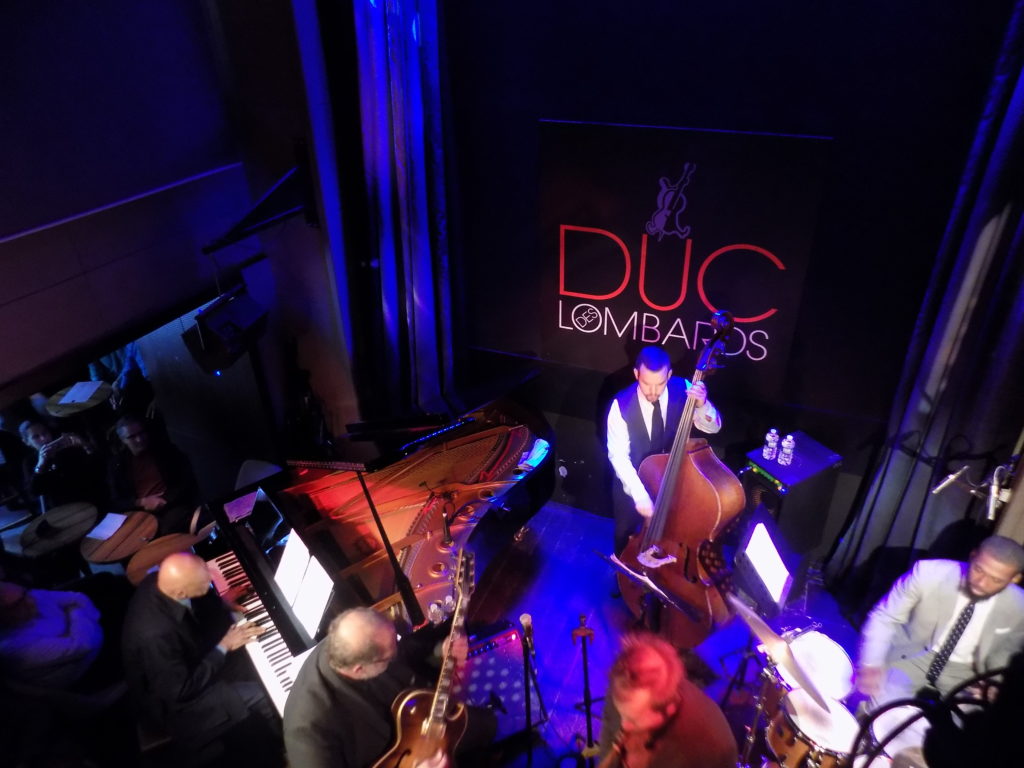 ┬Āit looked to me as though Lightsey was enjoying every minute.
┬Āit looked to me as though Lightsey was enjoying every minute.
Note: In keeping with my 2022-2023 reformation of the blog into shorter entries, backdated to maintain their sequence, any comments on this post might pertain to its new configuration. See the full explanation in the post Conventions and Conversions.
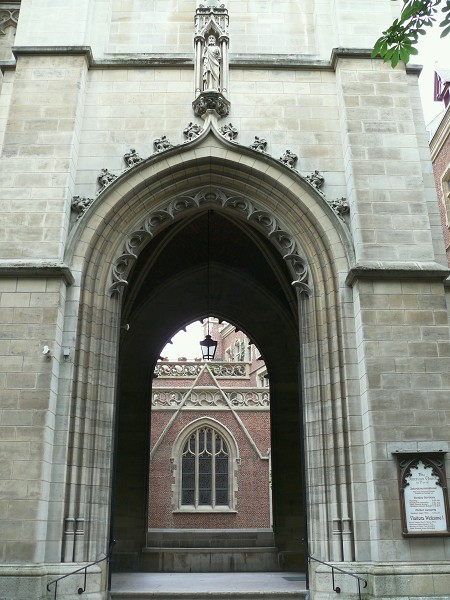
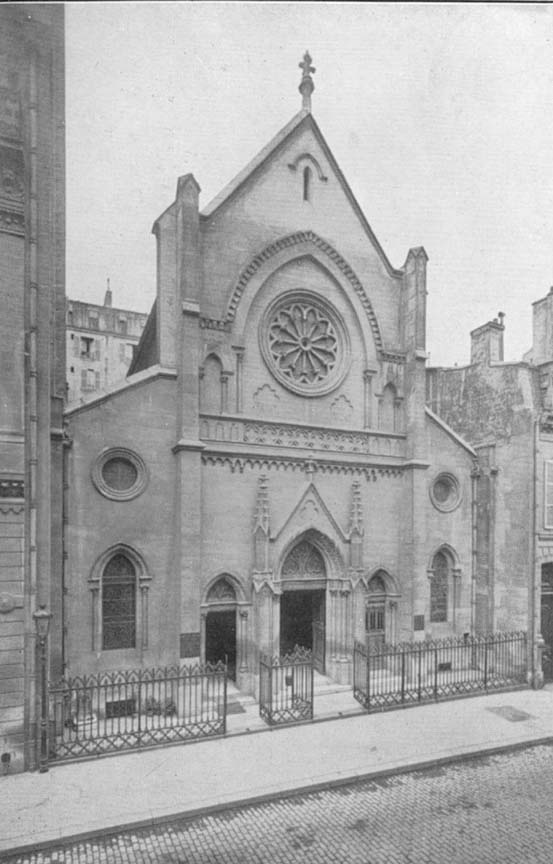
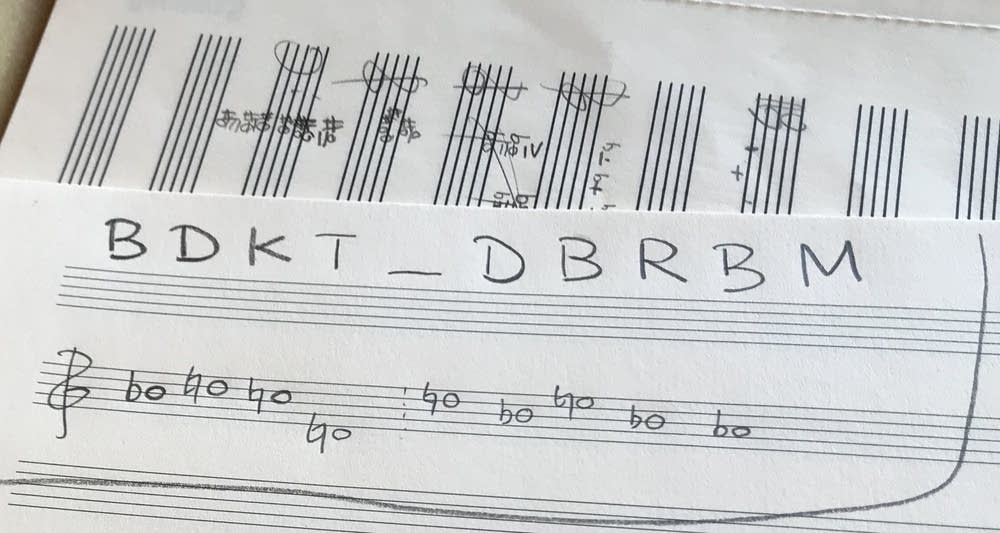
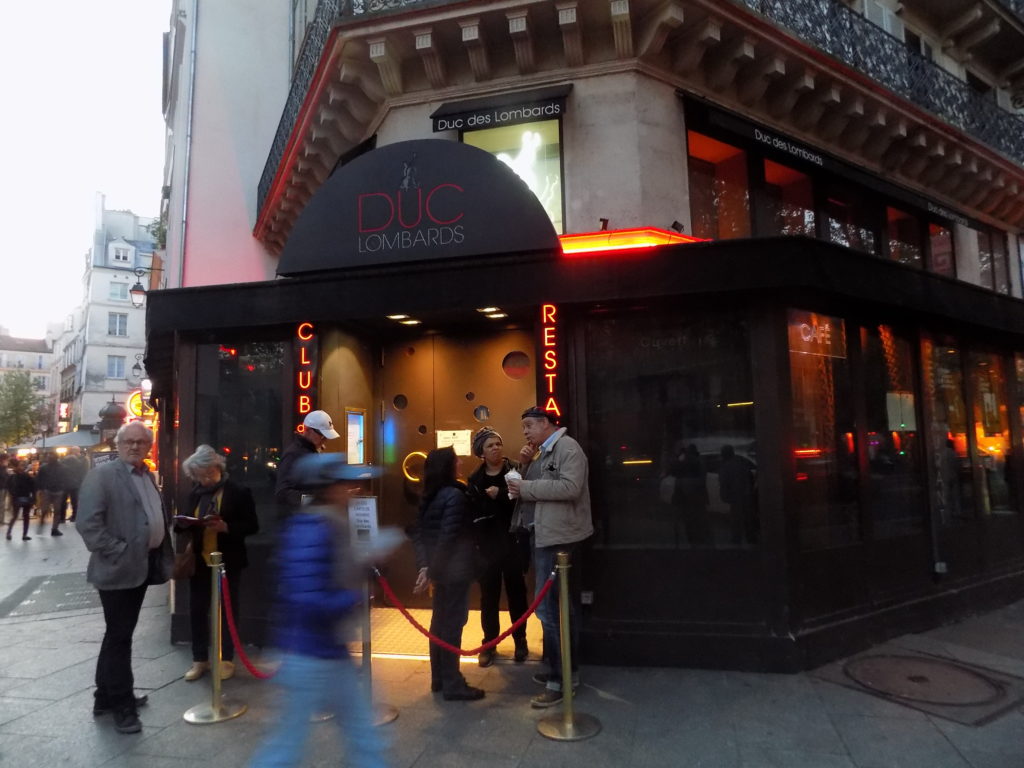
very cool day! sounds like you had a marvelous time!
A cool day and a chilly night ?
I love listening to the music while I read! Beautiful!